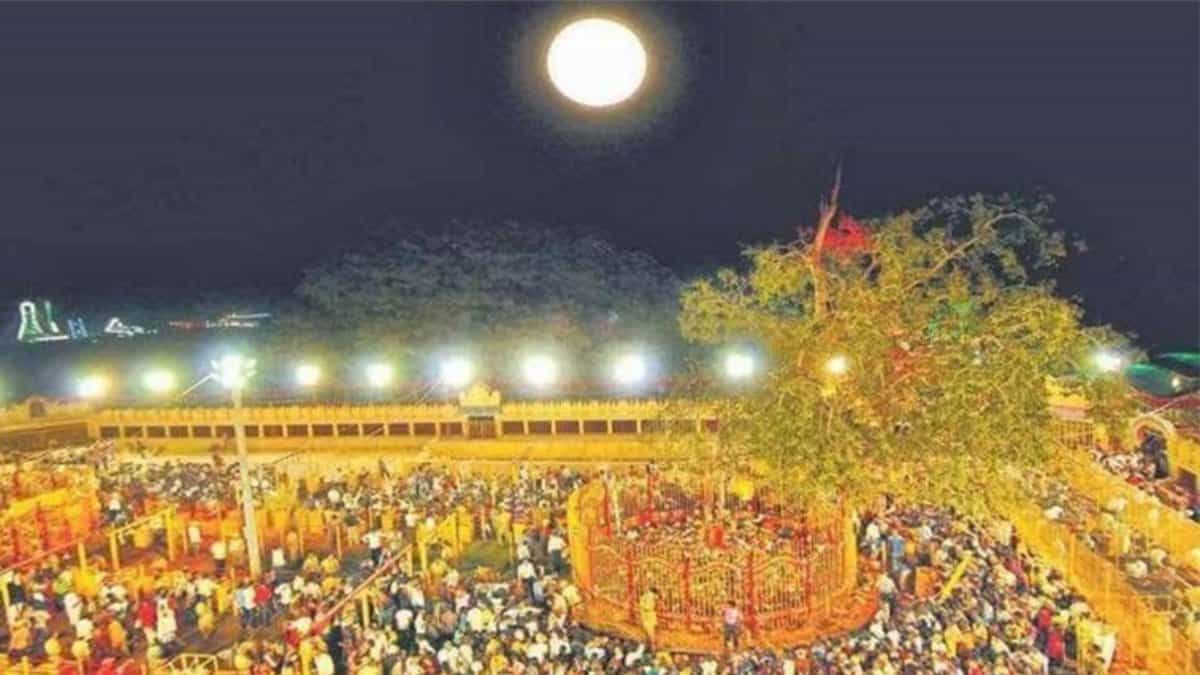
Hyderabad: The biennial Sammakka-Saralamma jatara celebrated by the Koya tribes in Medaram village of Tadvai mandal in Mulugu district, will be held from January 28 to 31, 2026, announced the temple’s priests.
The festival is held honouring the tribal deities Sammakka and Saralamma (mother and daughter), who were believed to have fought courageously against the Kakatiyan rulers.
The priests revealed that on January 28, Saralamma, her husband Govindaraju, and Sammakka’s husband Pagididdaraju will be brought to the platform in Medaram, where prayers are offered to them.
On January 29, Sammakka will be brought from Chilakalagutta, a hillock in Medaram, to the platform. On January 30, devotees who come in large numbers will offer jaggery to the deities, and on the evening of January 31, the deities will be taken back to where they were brought from.
After the Kumbh Mela, Sammakka-Saralamma jatara is known to be the largest congregation of devotees (tribes and non-tribes) in India, with people coming from various states of south and central India to offer their prayers.
The legend has it that the battle between the Koya tribes and Kakatiyan rulers took place after they refused to pay the taxes imposed by the rulers of the time. In the war, Sammakka’s husband and tribal king, Pagididdaraju, was killed, after which Sammakka and her daughter Saralamma fought bravely against the Kakatiyan rulers.
While Saralamma was killed in the battle, her brother Jampanna sacrificed his life by jumping into a local stream, which was later named Jampanna Vagu.
Sammakka, who was left bleeding in the fight, went to Chilakalagutta and was martyred.
The final day of the festival is the most exciting event, where lakhs gather to bid adieu to the deities. Sammakka is taken from the platform to Chilakalagutta in a grand ceremony, where people sacrifice animals along the path taken by the deity, symbolising the blood she had shed while making her way up to the hillock in the lost battle.
The Adivasis from Telangana, Andhra Pradesh, Maharashtra, Chhattisgarh, Odisha, Madhya Pradesh, and Jharkhand states continue to draw inspiration from the sacrifices of their tribal deities while fighting the feudal kings of the time.


